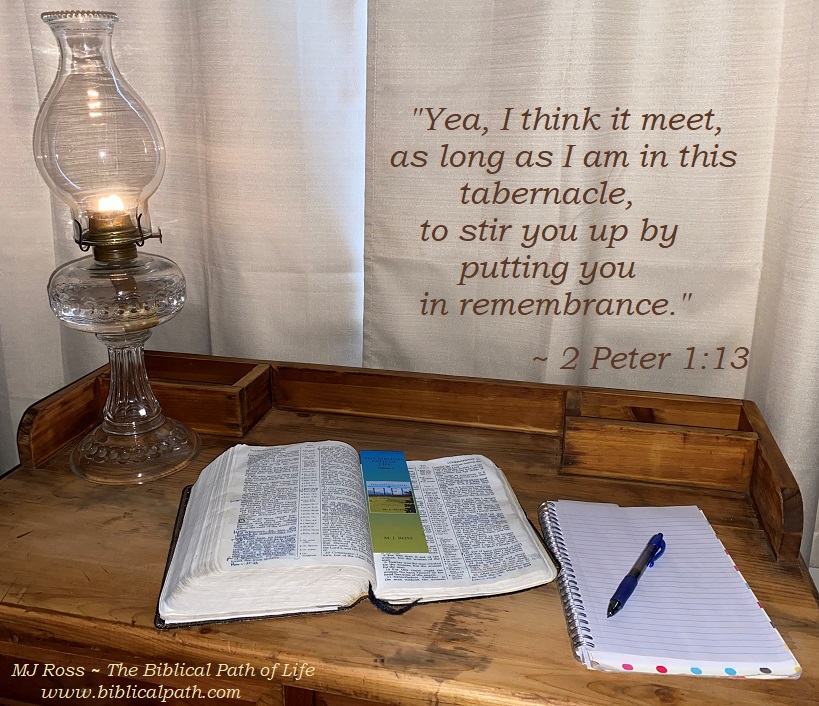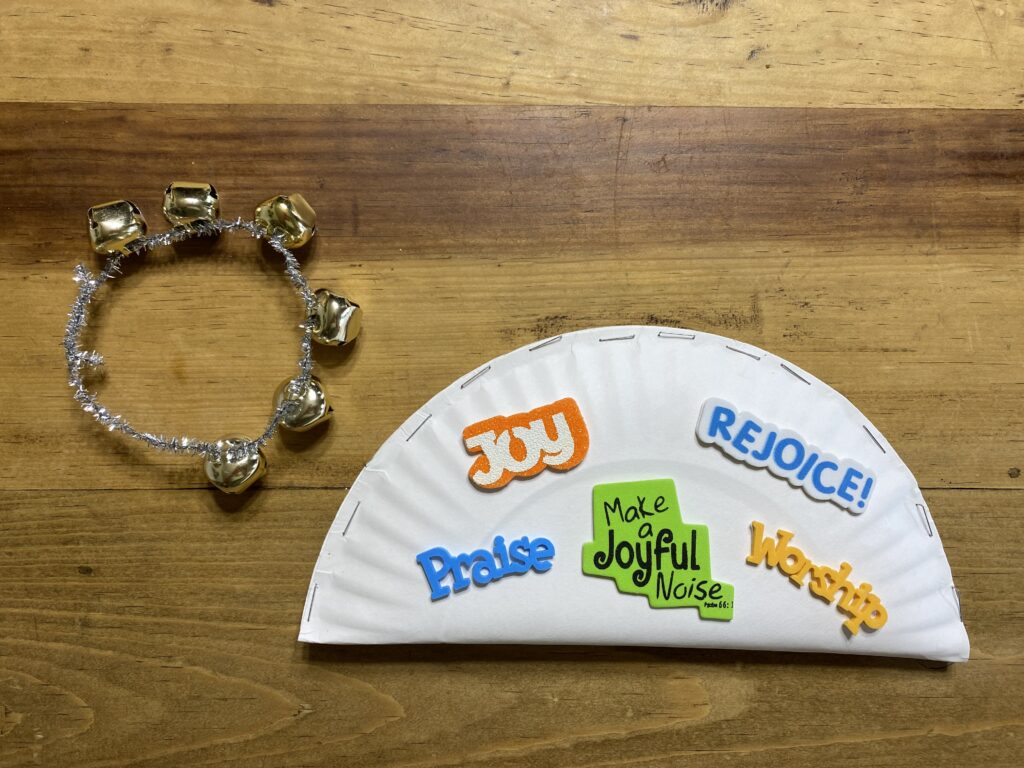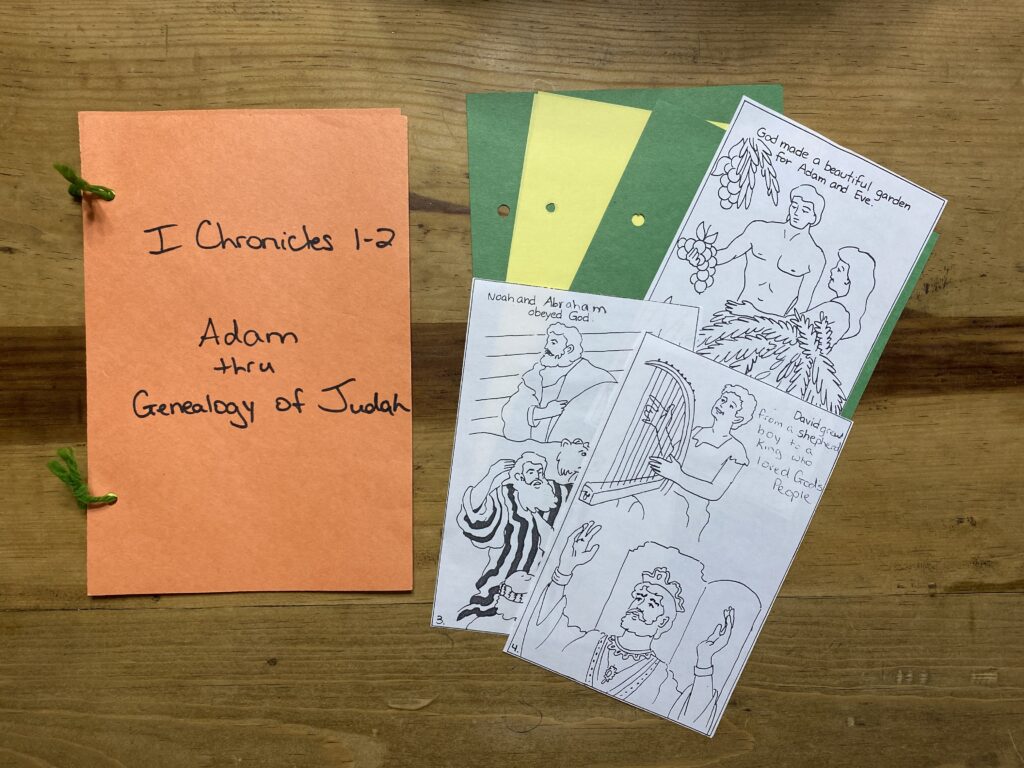
Key Verse
And when he had removed him, he raised up unto them David to be their king; to whom also he gave testimony, and said, I have found David the son of Jesse, a man after mine own heart, which shall fulfil all my will.
—Acts 13:22
Key Verse Thought: After learning of King Saul’s death last week, we must remember that God removed Saul from being king for his disobedience. We then read that God made David king. This verse helps us understand why God chose David – for David wanted to please God with all of his heart. In this lesson, we will see some ways David wanted to do things God’s way – pleasing Him.
Emphasis: We are to learn that in order to please God we must learn to seek God first. God demands obedience, and then He blesses. Just as David sought after God’s heart, so too should we!
Lesson Summary: In our last lesson, we learned that God removed the kingdom from Saul and gave it to David. In this lesson, we begin to remember King David. Once the people came together making David their king, he then sets his eye upon Jerusalem – where the Jebusites lived. David’s first act as king was to take Jerusalem and make it the city of David.
God gave David many mighty men who helped bring in David as the next king of Israel. Not only will we learn things about those mighty men, but about the events that led David from being the king of two tribes to the king of the entire nation of Israel. We will then remember David’s failed attempt at bringing the Ark of the Lord (Ark of the Covenant) by a new cart into Jerusalem. The procession halted when Uzza was struck dead (for touching the Ark). David recognized God’s anger, became fearful of God, and left the Ark of the Lord at the home of Obededom.
Once the Philistines, enemies of Israel, heard that David was king, they came out against Israel. Before entering into battle, David sought God. He obeyed God, and God gave David victory over the enemy.
David learned (by seeking God’s Word to find the answer) the proper way to bring the Ark of the Lord into Jerusalem, and he successfully brought it into the tent made specifically to house the Ark of the Lord. This time it was brought into Jerusalem with much rejoicing – in the order God demanded it be done. David organized the priests and Levites in their different ministries in the house of the Lord, and he even organized the music and the musicians that were to play before the Lord.
David recognized that he lived in a beautiful house, but the Lord’s house was only a tent. David wanted to build a house for the Lord. Instead, God promised to build David an everlasting house (descendants to remain upon the throne – ultimately leading to Jesus). We will see how God blessed David’s kingdom when David sought to please God first. God allowed David’s kingdom to be extended, and the enemies around defeated.
When King Nahash died, David wanted to show kindness to his son, Hanun. We will read what happened when that kindness was rejected. David continued to extend his kingdom, conquering the enemies around.
Remember: The books of the Chronicles do not dwell upon the wrongdoings of the kings, but what good they accomplished for Judah.
Y2Q2 – Lesson 3 Children’s Worksheets
If you are doing these lessons with young children, the following is a craft idea to go with the lesson:




